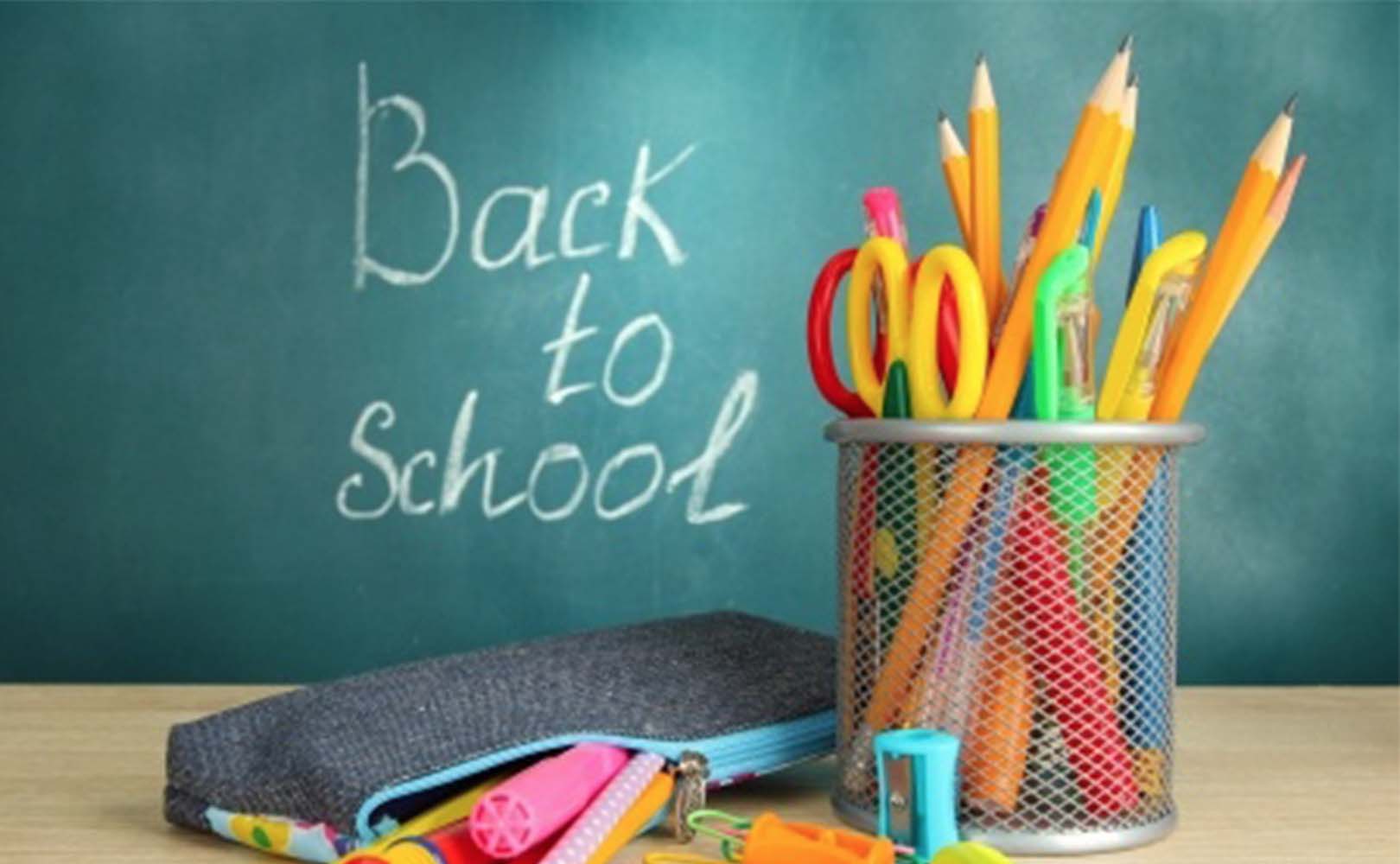One of the best teachable moments to teach your kids good financial skills is through the back-to-school shopping process. Before your inbox gets cluttered with advertisements or your kids start seeing ads on TV or the internet, come up with a plan to involve them in the process and make smarter shoppers of them.
Parents will spend $68 billion during the back-to-school season according to the National Retail Federation. That’s $630 per family.
Part of the reason the back-to-school shopping is such a great teachable moment is because they really care about it. After all, they have to wear the clothes and gear they buy to school. Depending on the age of the child and temperament, there are different levels of involvement he/she can have in the process. Kids of all ages can get involved in taking an inventory of what they currently have and discuss what new items they might need.
For younger children, maybe you just get them involved in the purchase of one key item like a backpack or nice shoes. They can help you research the cost of the item online before you go to the store to get a sense of the range of prices. If they want an item that is more expensive than you budgeted for, then have them pay the difference from their allowance. You can use the conversation to talk about needs vs. wants. For example, they might need a backpack, but they want a Minions one.
High-school aged kids are going to be on their own in a few years, so it’s important to get them involved with most of the process. You can set a budget you are willing to spend and review together their spending plan. By setting a budget, they’ll learn about trade-offs and opportunity costs of buying one nice things vs. a couple of less expensive items. If you already give them a generous weekly allowance, they can be responsible for a portion of their clothing budget or if they decide they want to spend more than you have budgeted.
Even though back-to-school shopping can be a stressful and expensive process, take advantage of this opportunity to teach your children some important life skills.

